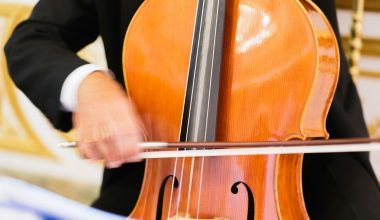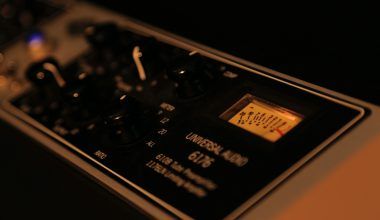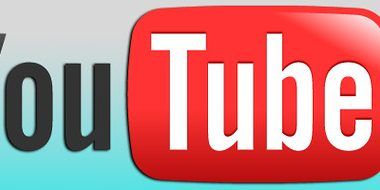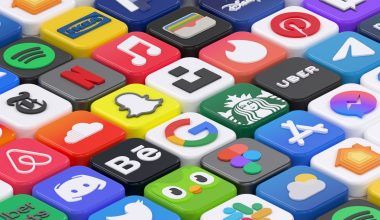Music is a universal language that transcends boundaries, emotions, and time. From a simple hum to the grandeur of a symphony, the channel of music connects us all. It is not just sound; it is an experience, a feeling, and sometimes, even a memory. But what makes this art form so magical? Let’s explore the many channels through which music enters our lives and leaves a profound impact.
What Does Music Mean to Us?
For most of us, music is much more than entertainment. It’s a friend in times of solitude, a motivator during workouts, and a healer when the heart feels heavy. Music has this incredible ability to resonate with our innermost emotions. Whether it’s a lullaby sung by a mother, a party anthem, or a classical piece, it finds its way to touch our souls.
Music is a channel for expressing feelings that words often cannot convey. It can express joy, sadness, love, anger, and everything in between. Have you ever wondered why certain songs make you feel nostalgic or bring tears to your eyes? That’s the magic of this universal art form.
The Evolution of Musical Channels
Music has evolved in fascinating ways over the centuries. From tribal chants and folk songs to modern digital beats, the channels of music have diversified immensely. In the past, music was primarily live. People gathered in tribes, villages, or royal courts to sing and play instruments. It was a communal activity that brought people together.
With technological advancements, music became more accessible. The invention of the gramophone, the radio, and later the internet revolutionized the way we consume music. Today, we have an abundance of music channels—from streaming platforms like Spotify and Apple Music to live concerts and YouTube. Each channel has its charm, catering to different audiences and preferences.
The Emotional Connection in Music
One of the most powerful aspects of music is its ability to evoke emotions. A single melody can transport you to a different place, remind you of someone special, or even motivate you to chase your dreams. This is because the channel of music often taps directly into our emotions.
For instance, upbeat music with fast tempos can make us feel energetic, while slow, soft tunes can calm our minds. This emotional connection is why music therapy is becoming increasingly popular. Therapists use music as a channel to help people manage stress, anxiety, and even physical pain.
Cultural Channels of Music
Music is deeply rooted in culture. Every culture has its unique sound, instruments, and traditions. Think about Indian classical music, African drumming, or the passionate rhythms of Latin music. Each of these styles carries a piece of the culture it represents.
The channel of music serves as a bridge, connecting people to their heritage. It also acts as a way for different cultures to interact and learn from one another. When we listen to music from a different culture, we get a glimpse of their history, values, and way of life.
Technological Innovations in Music Channels
The digital age has completely transformed how we experience music. Streaming platforms are now the most popular channel of music, allowing people to access millions of songs at their fingertips. But that’s not all. Virtual reality (VR) concerts and AI-generated music are taking the industry to the next level.
Technology has made it easier for independent artists to share their creations. With platforms like SoundCloud and Bandcamp, emerging talents can now reach global audiences without the need for a record label. This democratization of the music industry has opened up countless channels for creativity and discovery.
The Healing Channel of Music
Did you know that music can heal? The therapeutic power of music has been recognized for centuries. In modern times, music therapy is used to treat a variety of conditions, from mental health issues like depression and anxiety to physical ailments such as chronic pain.
Music is a channel for relaxation and mindfulness. Listening to calming tunes or even participating in musical activities like singing or playing an instrument can reduce stress and improve overall well-being. This healing power makes music an integral part of our lives.
How Music Connects People
One of the most beautiful things about music is its ability to bring people together. Whether it’s a concert, a festival, or a casual jam session, music is a channel for connection. It creates a shared experience that transcends differences in language, culture, or background.
Consider the magic of live concerts. Thousands of strangers come together to sing along to their favorite songs. For those few hours, everyone is united by the rhythm and melody. Music has the power to create a sense of belonging, making it an essential channel for human connection.
The Role of Lyrics in Music Channels
While melodies and rhythms often take center stage, lyrics are another crucial channel of music. They tell stories, convey messages, and sometimes, even spark revolutions. Great lyrics can make a song timeless, giving it depth and meaning.
Think about protest songs, love ballads, or inspirational anthems. The words add another layer of emotion to the music, making it more relatable and impactful. In this way, lyrics act as a channel for storytelling within music.
Social media has become an essential part of the music world. Platforms like TikTok, Instagram, and Twitter are now major channels of music discovery. Viral challenges, trending songs, and artist collaborations often start on social media, giving music a broader reach.
Social media also allows fans to connect with their favorite artists on a personal level. This interaction creates a deeper bond and makes the music feel even more special. It’s a modern channel that has changed the dynamics of the music industry.
Conclusion: The Endless Channel of Music
The channel of music is infinite and ever-changing. From traditional songs to digital beats, from personal playlists to live performances, music surrounds us in countless ways. It entertains, heals, connects, and inspires us.
In a world that often feels divided, music is a reminder of our shared humanity. So, next time you listen to a song, think about the journey it has taken to reach you. Appreciate the melody, the lyrics, and the emotions it stirs. Because through its many channels, music truly is the sound of life.
For further reading, explore these related articles:
- Trap Music Meaning: Everything You Need to Know About This Unique Genre
- Why Spotify Lyrics Are Missing & How to Fix It
For additional resources on music marketing and distribution, visit DMT Records Pvt. Ltd..






